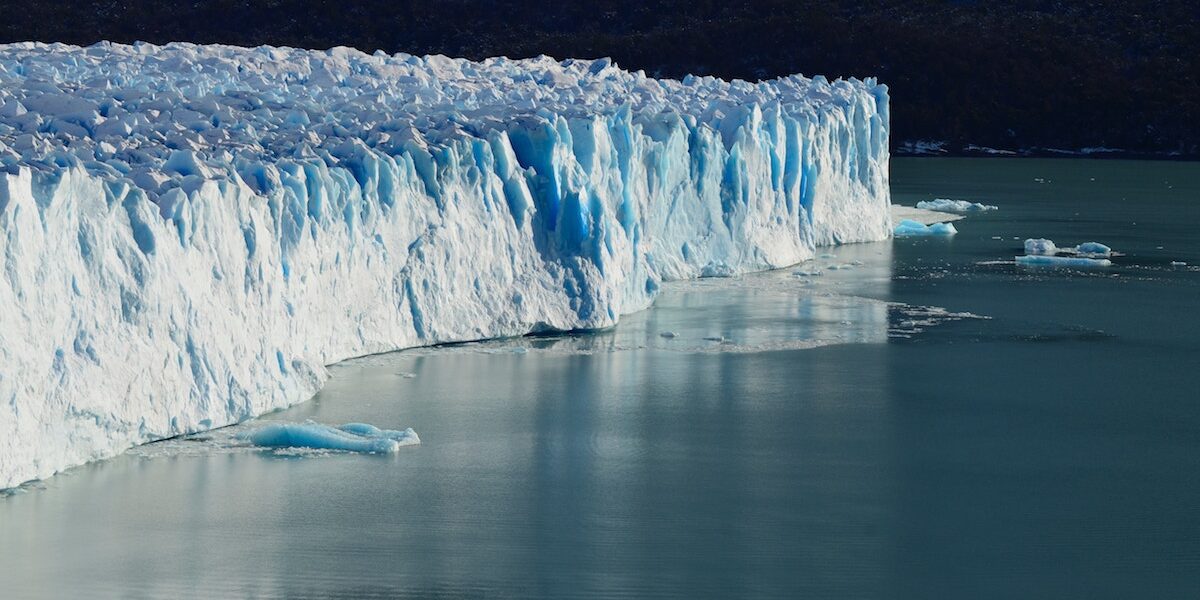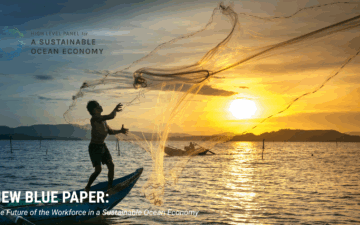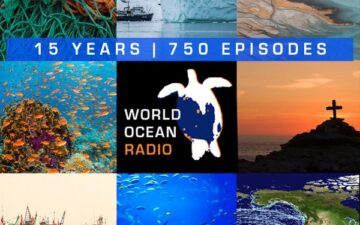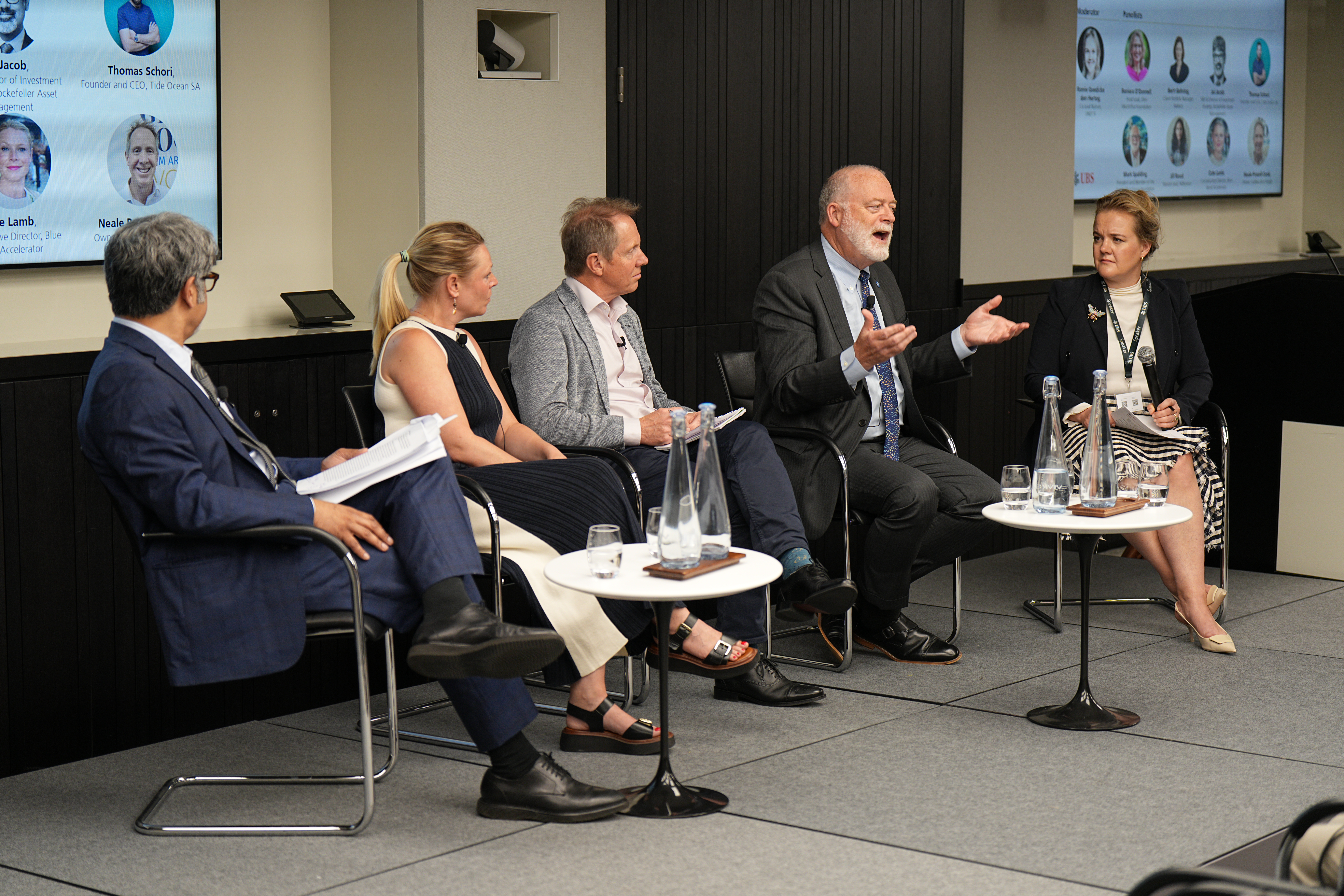by Mark J. Spalding, President of The Ocean Foundation
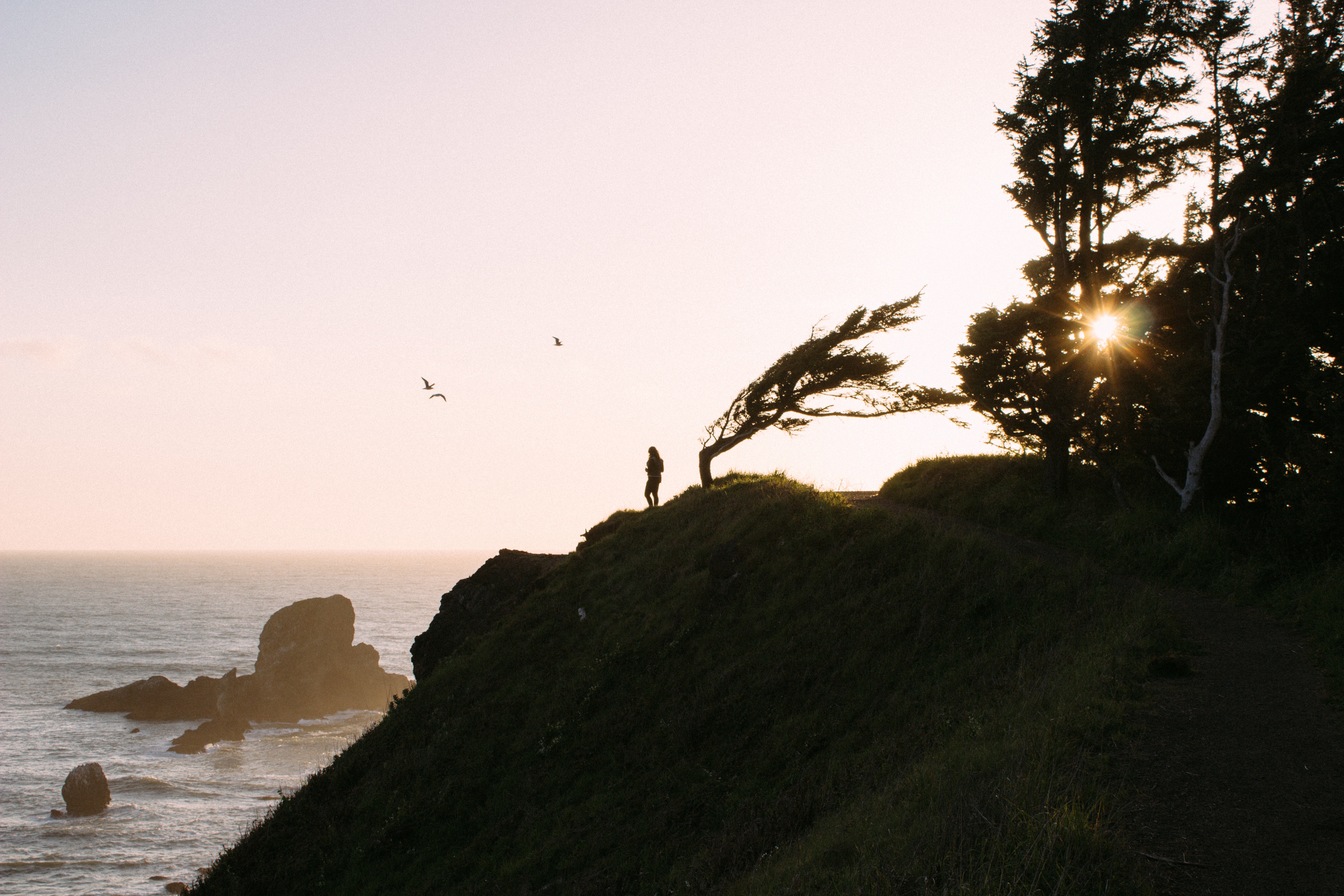 Climate change just got personal again. On Tuesday, a set of storm cells formed along much of the East Coast. They looked like the thunderstorms of summer, but with December’s record-breaking warm air. The thunderheads, with heavy rain and hail, formed so fast that it hadn’t been in the newspaper weather prediction section the day before or even in the forecast when I checked late the night before.
Climate change just got personal again. On Tuesday, a set of storm cells formed along much of the East Coast. They looked like the thunderstorms of summer, but with December’s record-breaking warm air. The thunderheads, with heavy rain and hail, formed so fast that it hadn’t been in the newspaper weather prediction section the day before or even in the forecast when I checked late the night before.
We arrived at the airport and boarded a plane at 7:30AM for a thirty-minute flight to Philly. But as we taxied to the end of the runway for an on time take off, the airport in Philly was shut down to bring ground crew in to safety from the lightening. We pulled out our books to pass the time on the tarmac.
Long story short, we eventually got to Philly. But our American Airlines connecting flight to Montego Bay had left the gate about seven minutes before eleven of us could get from Terminal F to Terminal A. Sadly for all of us, because we were trying to get to a popular island, and because we were traveling at the holidays, there were no other flights on American (or other carriers) available to get us there on the 22nd, nor even until the 25th.
It became what American Airlines calls a “trip in vain.” You spend the day in the airport on the phone and in line. They give you a refund and fly you back to where you started. So, today I am sitting back in Washington DC instead of reading a book along side the Caribbean with my family. . .
Losing a vacation is an inconvenience and a disappointment, and I may recover some of the cost of our prepaid package. But, unlike the people of Texas and other parts of the country, we did not lose our homes, our businesses, or our loved ones this holiday season. We are not suffering record flooding like the people of Uruguay, Brazil, Argentina and Paraguay where 150,000 people have already been displaced from their homes this week. In the United Kingdom, December has been a soggy month with unprecedented rainfall and flooding.
For so many on this planet, sudden storms, severe droughts, and storm surges are taking away their homes, crops, and livelihoods as we have seen over and again on TV. Islands dependent on revenue from tourists are losing people like me—maybe only 11 from my flight—but the winter travel season has only just begun. Fishers are seeing their fish migrate toward the poles in search of cooler water. Businesses are trying to learn how to operate with such unpredictability. These losses come with real costs. I am going to be able to partly measure mine once I know how much refund I do (or do not) receive. But, a part of the loss is immeasurable for everyone.
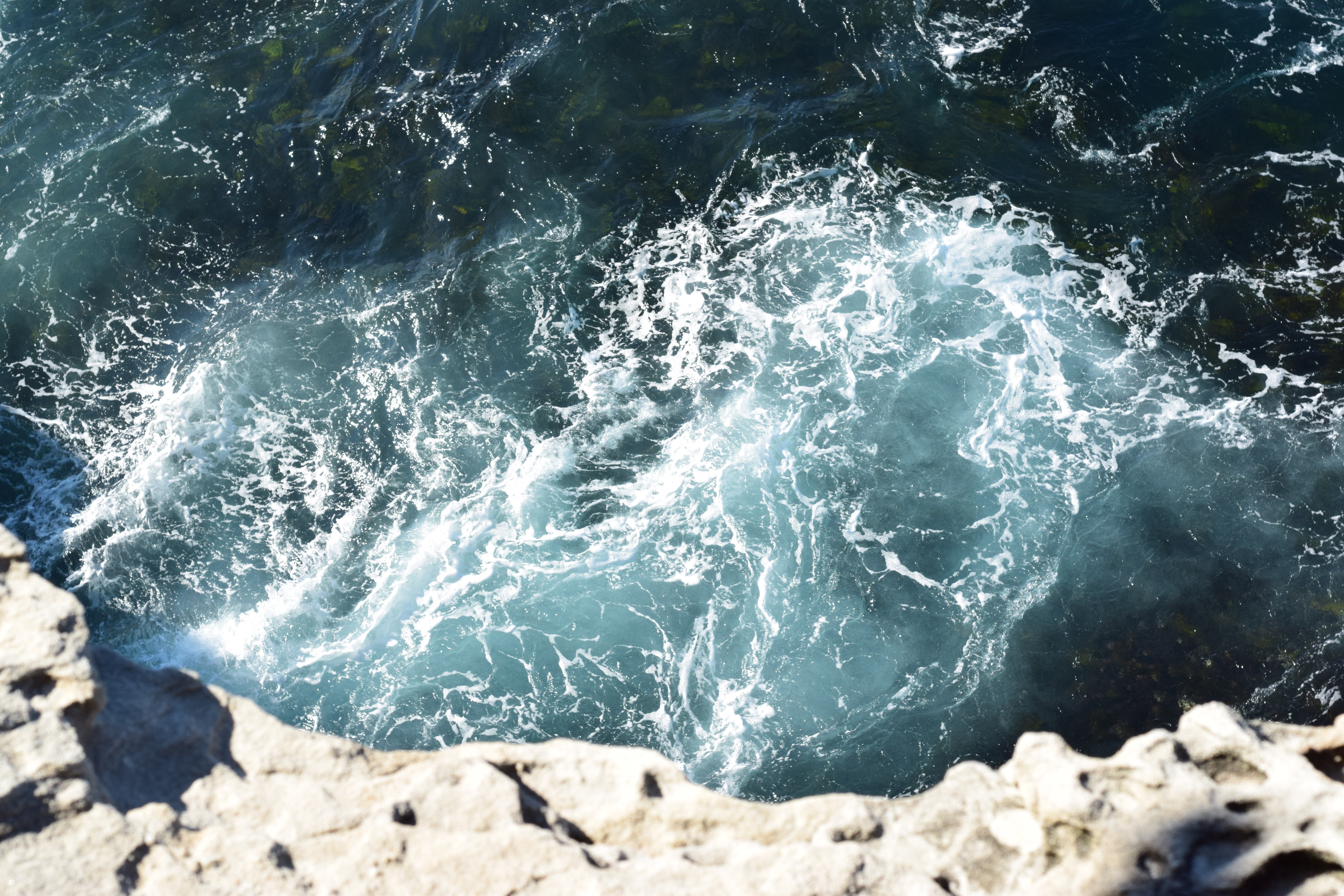 I may be heartbroken we are not getting our long-planned break on the beach in the sun. But my loss is nothing compared to those who watch their homes and businesses be destroyed, or in the case of some small island nations, watch their entire homeland disappear as rising sea levels and fragile infrastructure is inundated. The tornados and severe weather in the US have wrought millions if not billions in damage as we near the year’s end. The loss of life is tragic.
I may be heartbroken we are not getting our long-planned break on the beach in the sun. But my loss is nothing compared to those who watch their homes and businesses be destroyed, or in the case of some small island nations, watch their entire homeland disappear as rising sea levels and fragile infrastructure is inundated. The tornados and severe weather in the US have wrought millions if not billions in damage as we near the year’s end. The loss of life is tragic.
What have we wrought with the emissions from our cars and factory and travel? Most of us can see it and feel it, and are learning to cope with it. Only a very few are still in irrational or uninformed denial. And some are paid to obstruct, delay or derail the policies we need to move to a less carbon-dependent economy. Yet, how many “trips in vain” will people take before the whole idea of planned travel collapses of its own inconvenience and cost?
Earlier this month, our world leaders agreed to a set of goals to save ourselves from these losses and heartbreaks. The Paris Agreement from COP21 is in line with an overwhelming worldwide scientific consensus. We welcome the agreement, whatever its perceived flaws. And even as we know it will take much political will to deliver.
There are things we all can do that collectively will help. We can support disaster relief efforts. And we can act on our own. You can find a nice list of ideas at World Leaders Have Done Their Bit on Climate Change, Here are 10 Ways You Can Too. So, please reduce your carbon emissions as best you can. And, for those emissions you cannot eliminate, plant some seagrass with us to help the ocean as you offset your own activities!
My very best wishes for a wonderful celebration of the holidays wherever you are.
For the ocean.
